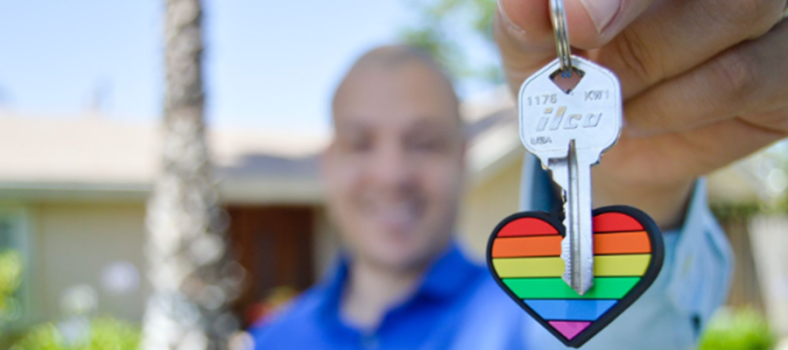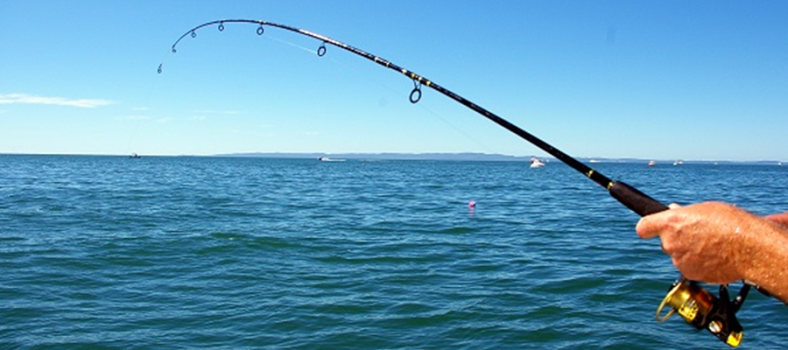Biggest Home Energy Wastes
There are lots of ways to reduce your energy consumption and make your home energy efficient, but just as important is the elimination of home energy waste. It is all very well to have an energy efficient home, but what is the use in having those new windows put in if you are always leaving the back-door ajar? The same goes for how you use the energy you take from the grid.
It all starts with knowing how to live efficiently and having the discipline to change old habits and stick to better habits. Energy costs are increasing and the climate is changing, but with some little changes you can reduce your energy bills and reduce your impact on the environment and the climate. This guide looks at the top home energy wasters – make sure you deal with yours.
Not Controlling Ventilation
Air leaks waste more energy spent on heating or cooling than anything else, and even if your home is well insulated, it only takes one small draught to drastically reduce your home’s energy efficiency – in the winter leaks are responsible for up to 25% of home heat loss. The biggest culprits are gaps and cracks in windows, doors, floors, ceilings and walls, unused vents and fireplaces, skylights, ceiling ducts, exhausts and outlets.
Not Using the Dishwasher Correctly
Dishwashers are the friend of anyone who doesn’t want to toil over the washing up, but they do use large amounts of energy. The biggest error is to turn on the dishwasher’s full load cycle with less than a full load. Modern dishwashers come with different wash options, so there is no need to wait until it is completely full if you do not want to wait, as long as you remember to select the correct wash option.
Servicing Appliances
Heating and cooling appliances may be efficient when you first purchase them, but over time their efficiency inevitably reduces. Many people forget to think about the state of their home appliances, and for larger appliances this can be a big waste of energy. Make sure you read the maintenance guides that come with your appliances, and make sure you have your older appliances services regularly by a professional.
Leaving Equipment Turned On
It is always important to buy energy efficient equipment, but the way you use such equipment is just as important. As much as 10% of your home electricity consumption could be wasted by leaving equipment turned on when not use, or putting devices on standby mode when they can be turned off completely.
Ignoring the Small Appliances
More and more modern technology is flooding the market, and small technology accounts for much of the new equipment that enters the home. Each small appliance on its own does not drain much power, but given how many such products are present in the average home, the result is significant when you add them all together. Worst of all, small equipment is not subject to the same energy efficiency standards as larger appliances, and so while they might be small, they can still be highly inefficient.
For more help and advice on reducing your home energy waste and increasing your home’s energy efficiency, visit the energy page of the Australian government website.






1 Comment
You mention the dishwasher consuming large amounts of energy but I also imagine that the same could be said for the dryer as well. In our family, practically all clothing items are tumble dried, when many of the items could be dried on the line, instead, saving significant money. Something we definitely need to consider.